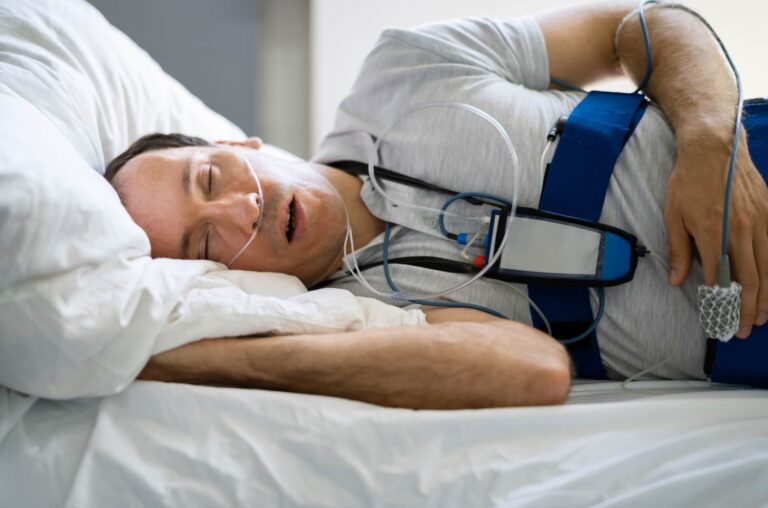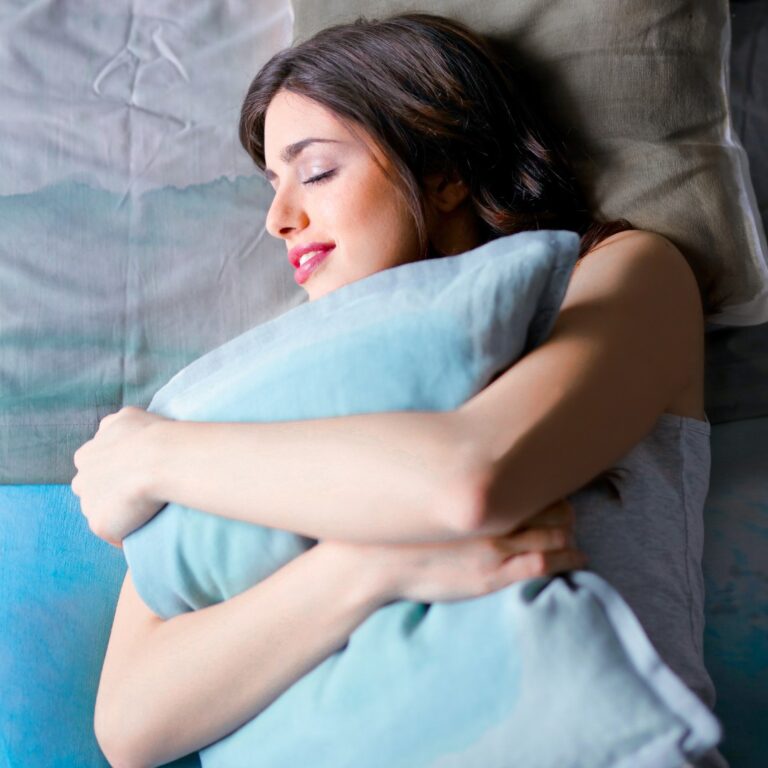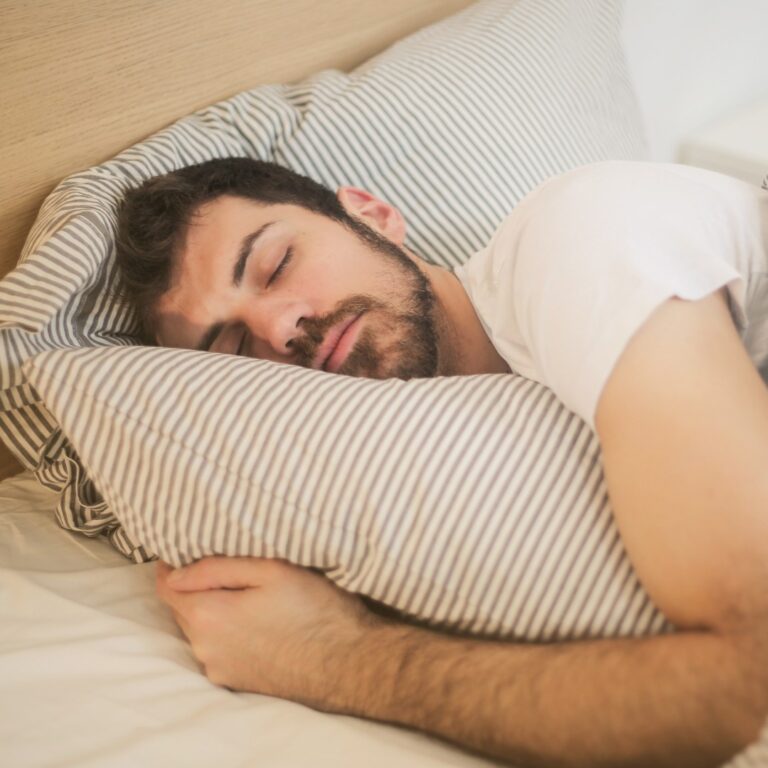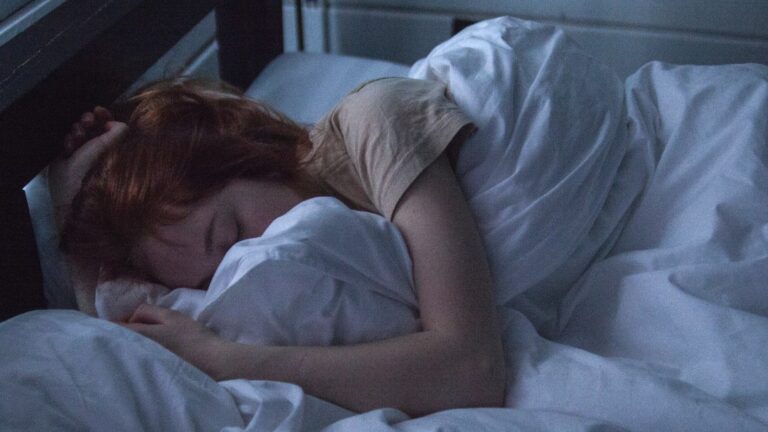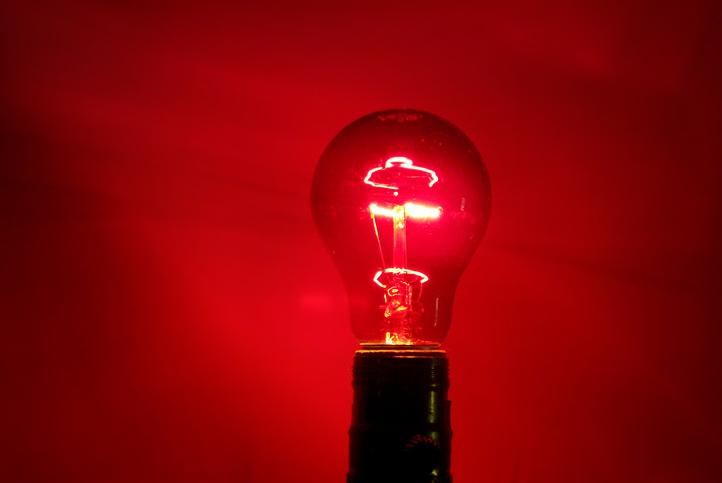Sleep Health
Better Sleep-Better Health: Getting tested and treated in Emporia Sleep Apnea is characterized by several key symptoms that can significantly impact on your quality of life. The most prominent symptom is loud, chronic snoring, often accompanied by gasping or choking…
Better Sleep-Better Health: Sleep disorders diagnosed in Emporia Sleep disorders are diagnosed through various assessments, including questionnaires, sleep history reviews, and diagnostic tests such as polysomnography (PSG) and home sleep apnea tests (HSAT). These tests allow specialists to monitor brain…
Better Sleep-Better Health: High Quality Care Newman Regional Health Sleep Disorders Center is proud to announce the recent renewal of its accreditation by the American Academy of Sleep Medicine. Sleep disorders affect millions of people worldwide and can significantly impact…
How much sleep you need changes as you age. Newborn 0–3 months 14–17 hours (National Sleep Foundation)No recommendation (American Academy of Sleep Medicine)2 Infant 4–12 months 12–16 hours per 24 hours (including naps) Toddler 1–2 years 11–14 hours per 24…
As chronic diseases have assumed an increasingly common role in premature death and illness, interest in the role of sleep health in the development and management of chronic diseases has grown. Notably, insufficient sleep has been linked to the development…
Sleep Apnea is a breathing disorder that causes the patient to repeatedly stop breathing (apnea) or to have very shallow breathing, for ten seconds or longer; these pauses may occur as many as 20-30 times or more per hour! When…
By TE Cunningham Sleep is one of the most important bodily functions for maintaining good health. It dramatically affects your energy level. Prolonged lack of sleep can lead to issues such as heart disease, diabetes and more. It can render…

